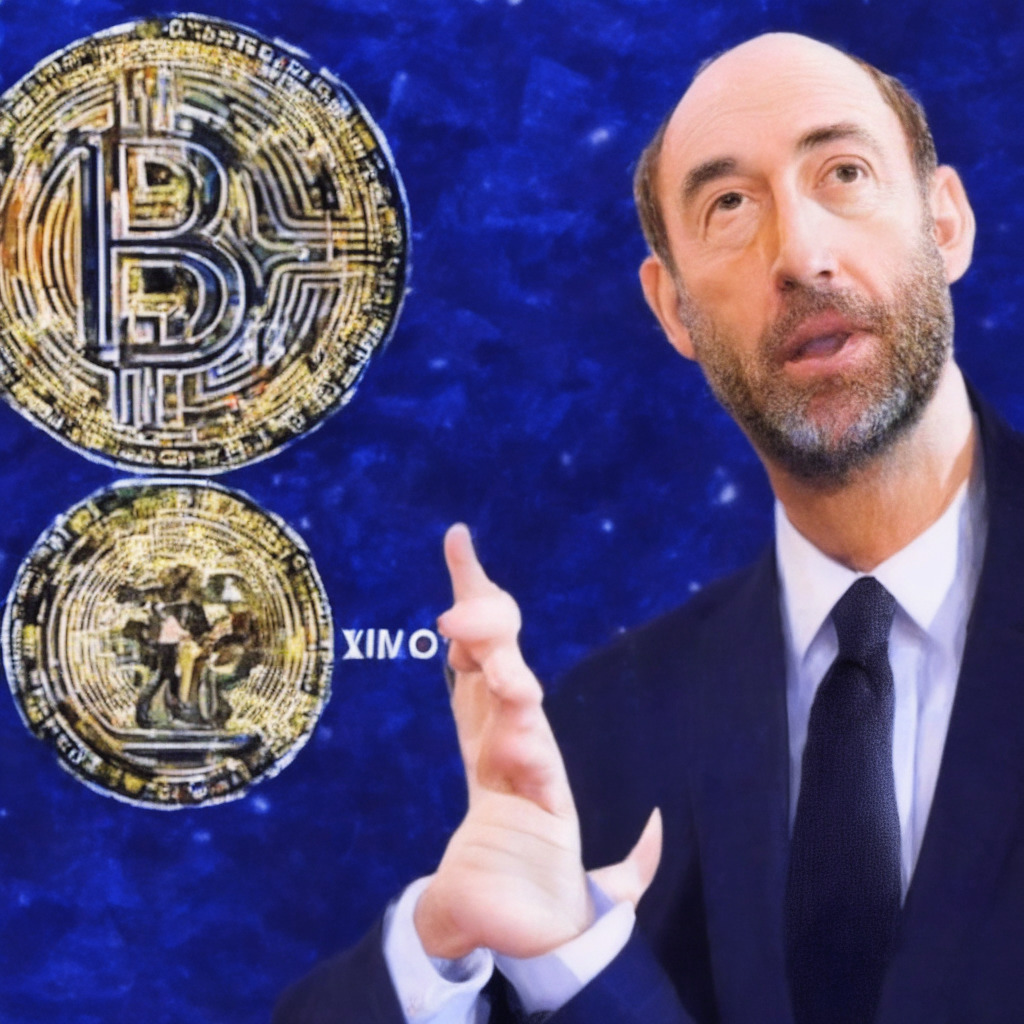When stepping onto the global crypto stage, location is a key consideration. A prime example of this is the case of Hong Kong; the autonomous region, while embracing crypto firms and encouraging bank-sector collaboration, seems to be a beacon of hope in an industry often threatened by regulatory crackdowns. However, Vitalik Buterin, co-founder of Ethereum (ETH), urges caution to those considering establishing operations in Hong Kong.
While speaking at the Web3 Transitions Summit in Singapore, Buterin highlighted the necessity of evaluating the stability of Hong Kong’s crypto-friendly ethos before making substantial commitments. He expressed concerns about potential shifts in the city-state’s amicable environment due to future regulatory, political, or other unforeseeable challenges.
Currently, Hong Kong stands in stark contrast to mainland China’s suppressive stance on virtual assets. In late 2022, the city state released new regulatory frameworks and policy statements favoring digital asset development, consequently providing retail investors with the capability to trade digital currencies. Even the Securities and Futures Commission (SFC) of Hong Kong began offering licenses to crypto exchanges.
Despite this favorable climate, Buterin raises the valid concern about the sustainability of this government-backed crypto support. He demands certainty regarding the city-state’s ability to maintain the harmonic interface between traditional finance and emerging financial trends, citing this as a key component in Hong Kong’s potential to underpin the crypto industry.
Addressing these concerns, Johnny Ng, a member of the Hong Kong Legislative Council, assured that the city-state’s policies are steady, the results of extensive social consensus and due process, and as such, they are not likely to see overnight modifications. He extends an invitation to Buterin to acquaint himself first-hand with Hong Kong’s situation, expressing openness to global compliance companies seeking to establish local operations.
Interestingly, Buterin’s skepticism towards Hong Kong contrasts against his positive sentiments towards the engagement levels witnessed within the developer communities across various Asian countries, such as India, Japan, Taiwan, Palau, and Singapore.
In the world of crypto, stability is a sought-after luxury. Therefore, discerning Buterin’s caution and Ng’s assurance presents investors with a delicate dance between opportunity and risk in the rapidly evolving landscape of crypto regulations.
Source: Cryptonews




